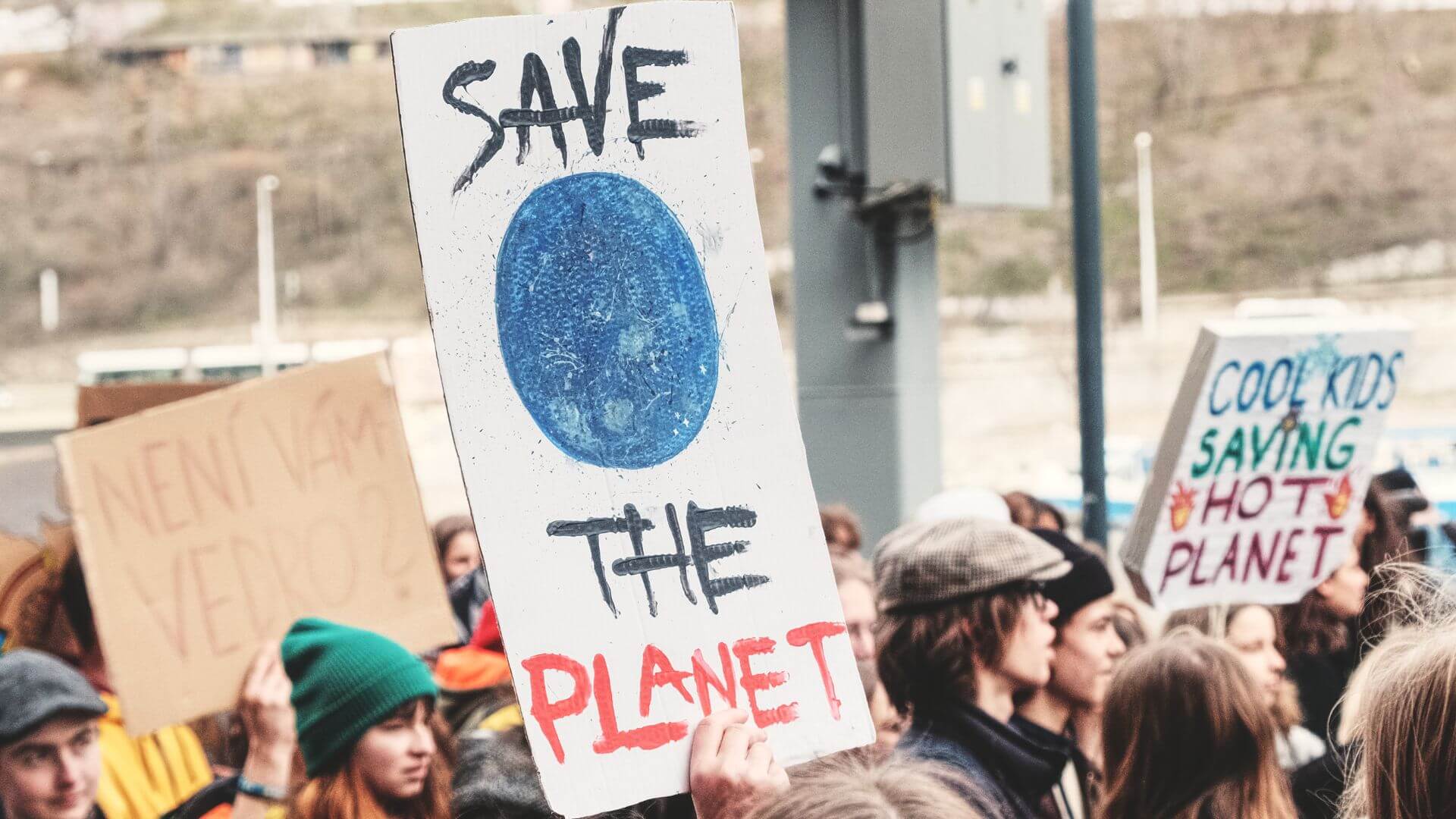JANUARY 29, 2024

As climate change accelerates and environmental challenges mount, a surprising obstacle threatens to undermine global climate action: widespread burnout and exhaustion among the very people leading the charge. Mundo Común, launched by Isabel Cavelier Adarve (Awardee 2022) through the Climate Breakthrough Award program, is an initiative that aims to transform how the climate action community operates by introducing a radical new approach centered on care and interdependence.
The Challenge
The statistics are striking: 75% of social change workers exhibit symptoms of burnout. In Latin America, six out of ten high-impact entrepreneurs show moderate burnout symptoms, while three out of ten display severe psychological distress. Environmental leaders face even graver challenges. In Colombia alone, where Isabel hails from, hundreds of environmental leaders have been murdered in the last decade.
But the problem runs deeper than individual exhaustion. Many climate initiatives inadvertently perpetuate the same extractive mindset that created the crisis. From corporate sustainability programs driven by short-term profits to renewable energy projects that ignore broader ecological impacts, well-intentioned climate solutions often remain trapped within a paradigm of endless growth and resource exploitation.
The Initiative
Mundo Común (or Common World) offers an ambitious response: create a comprehensive system of care for climate action leaders, starting in Latin America. The initiative seeks to develop this through three main strategies.
First, establishing “laboratories” in diverse territories where climate initiatives can experiment with new models of leadership and organization based on care and interdependence. These spaces will serve as testing grounds for more sustainable and nurturing ways of doing climate work.
Second, building networks that connect climate leaders across different scales and sectors, from grassroots activists to corporate sustainability officers. These networks aim to foster mutual support and enable the sharing of more regenerative practices.
Third, working to transform the narrative around climate action itself, moving away from metaphors of “fighting” climate change toward language that emphasizes restoration and care. This includes integrating perspectives from Latin American Indigenous communities and other traditional knowledge systems.
The Vision
Mundo Común envisions a 10-year transformation where the climate action community becomes a model for a new way of creating change. The goal is for this approach to spread beyond environmental work to influence other social change movements.
The timing appears promising. With increased global investment in climate action and growing recognition of the need for systemic approaches, there’s mounting interest in alternatives to business-as-usual environmentalism. The initiative is particularly well-positioned in Latin America, where rich biodiversity and cultural traditions offer fertile ground for reimagining humanity’s relationship with nature.
The challenges are significant. Changing deeply ingrained organizational cultures and shifting paradigms takes time. The urgency of the climate crisis often pushes leaders toward quick fixes rather than systemic change. But this transformation is essential for effective climate action. By demonstrating how to integrate personal well-being with ecological restoration, Mundo Común hopes to catalyze a broader shift in how society approaches not just climate change, but all forms of social change. This work suggests that perhaps the key to addressing our environmental crisis lies not just in new technologies or policies, but in fundamentally reimagining how we work together to create change.

